community/life
-
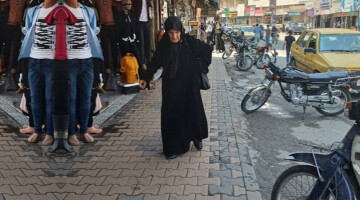
Hayat Tahrir al-Sham members prevent women from receiving treatment
Breast cancer patient Rola El-Saîd and colon cancer patient Emîra El-Osman tried to go to the region controlled by the regime forces to receive treatment. However, Hayat Tahris al-Sham members prevented them from entering the region
-
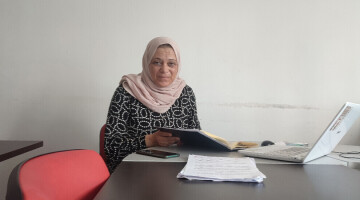
“Women must report violence faced by them to break the barrier of fear”
Figures show that gender-based violence has been increasing in Tunisia. Tunisian lawyer and feminist activist Monia Ben Guirat calls on women to report violence faced by them to break the barrier of fear.
-
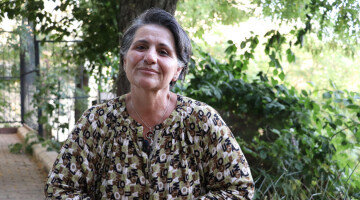
“Back to the Village” project aims to stop migration from Dersim
The villagers, who have returned to their villages in Dersim after being forcibly displaced in the 90s, have developed a project entitled, “Back to the Village" in order to stop migration from the city and encourage people to return to their villages.
-
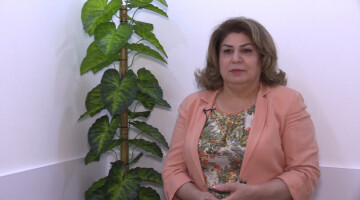
Tanya Darwish: Activities should be carried out to raise awareness about women’s rights
Drawing attention to the polygamy in the Kurdistan Region, Rasan Organization Director Tanya Darwish says that men pave the way for polygamy by using women's health problems as an excuse. “Activities should be carried out to raise awareness about women’s
-
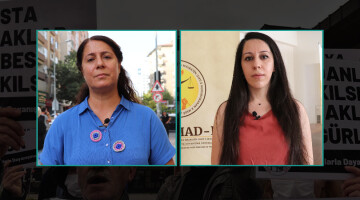
Call from mothers to Ministry of Justice: Release sick prisoners
Relatives of sick prisoners draw attention to the oppression and deaths in prisons and call on the Ministry of Justice to release sick prisoners immediately.
-
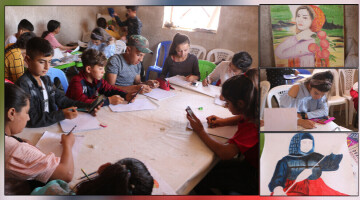
Painter Soraya Ehmed raises dreams of children victims of war
Painter Soraya Ehmed has created a space in a culture center in the Şerawa town of Afrin Canton for children to paint. She teaches children victims of war how to paint. Most children paint their dreams.
-
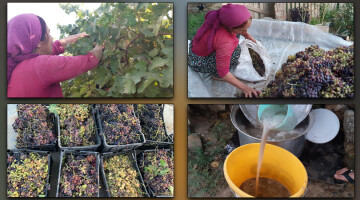
Molasses season starts for women living in Makhmur
Despite having lived in exile for decades, the women living in the Makhmur refugee camp continue to preserve their culture. They have already started making grape molasses as they did in their homeland
-
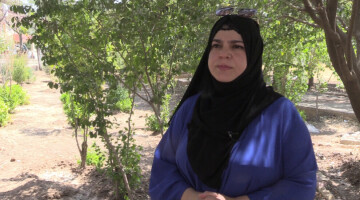
Summer courses in Kurdistan Region turn into businesses
Educator Bêxal Elî emphasizes that the summer courses in the Kurdistan Region have turned into businesses and many children have suffered from many problems due to the wrong education system.
-
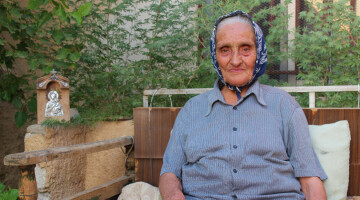
Xena Yûnan: I will not leave this land until I die
83-year-old Xena Yûnan is an Assyrian woman living in the town of Tell Tamer. Stating that they have lived fraternally with the Kurdish people in the town, she said, “I will not leave this land until I die.”
-
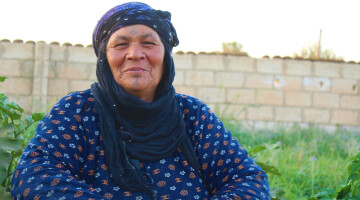
Dry animal dung used as alternative to fuel in NE Syria
65-year-old Caziya Ileyat, who has grown vegetables in her small garden located in the town of Tell Tamer, has been engaged in agriculture since her childhood. She uses dry animal dung as an alternative to fuel.
-
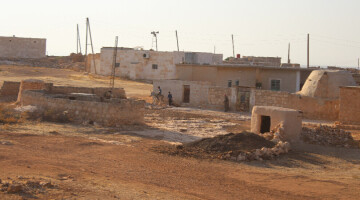
Women revive life in Teanê
Women revive life in the Teanê village of Shahba by having a communal life.
-
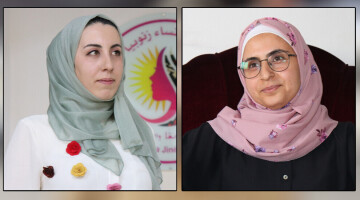
Liberation of Manbij leads to positive changes for women
Emphasizing that the liberation of Manbij leads to positive changes for women, Nisrîn El-Elî and Hiba Dada say that the women of Manbij are more aware of their rights now.
-
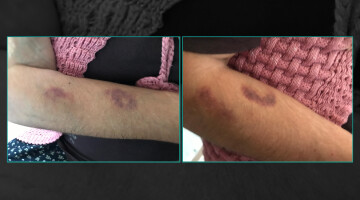
She receives threatening texts from her abusive ex-partner
In Varto, a woman was subjected to violence for two years by a man named H. Yurtbak. At the end, she filed a criminal complaint against him. However, the man has been sending her threatening texts since then.
-
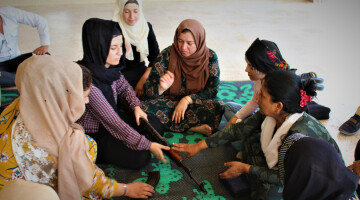
Women of Tell Tamer learn self-defense
Women living in Tell Tamer have taken self-defense training courses against possible attacks. They say they will protect their region.
-
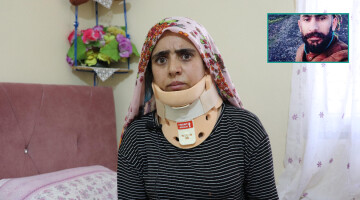
“If he is released, he will kill me and my family,” Gülizar Karaman says
Gülizar Karaman was shot and injured by Aziz Karaman after filing for divorce. Reacting to the indictment prepared by the prosecutor on the charge of “injuring”, she said, “His intention was not to injure but to kill me.”
-
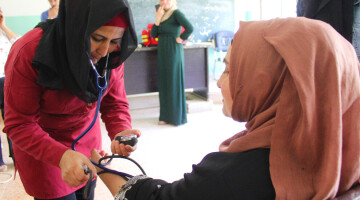
First aid training by Peoples’ Municipality of Tell Tamer
The Peoples’ Municipality of Tell Tamer town of Hasakah has been holding first aid training courses for its employees against the ongoing Turkish attacks. The municipality plans to hold self-defense courses.
-
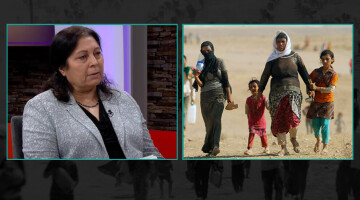
8th anniversary of Yazidi genocide: “They targeted women to annihilate the Yazidis”
On the eighth anniversary of the Yazidi Genocide, we spoke to Xanê Agal, a member of the Yazidi Women's Council, about the effects of the genocide on the Yazidis in Europe.
-
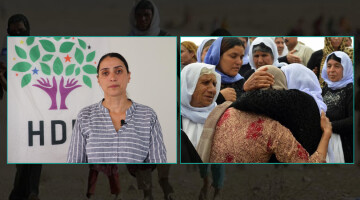
8th anniversary of Yazidi genocide: 2,700 Yazidi women are still missing
August 3 marks the eighth anniversary of the Yazidi genocide. “2,700 Yazidi women, who were abducted by ISIS during the genocide, are still missing,” HDP MP Feleknaz Uca said.
-
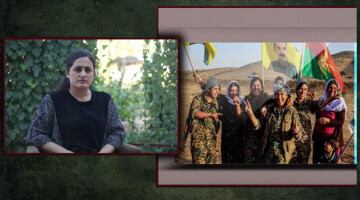
Genocide and aftermath for Yazidi women -3-
Yazidi women still held by ISIS and women rescued from ISIS
-
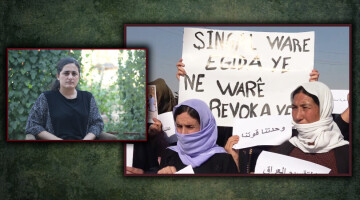
Genocide and aftermath for Yazidi women -2-
Change of Yazidi women in the mountains of Shengal
